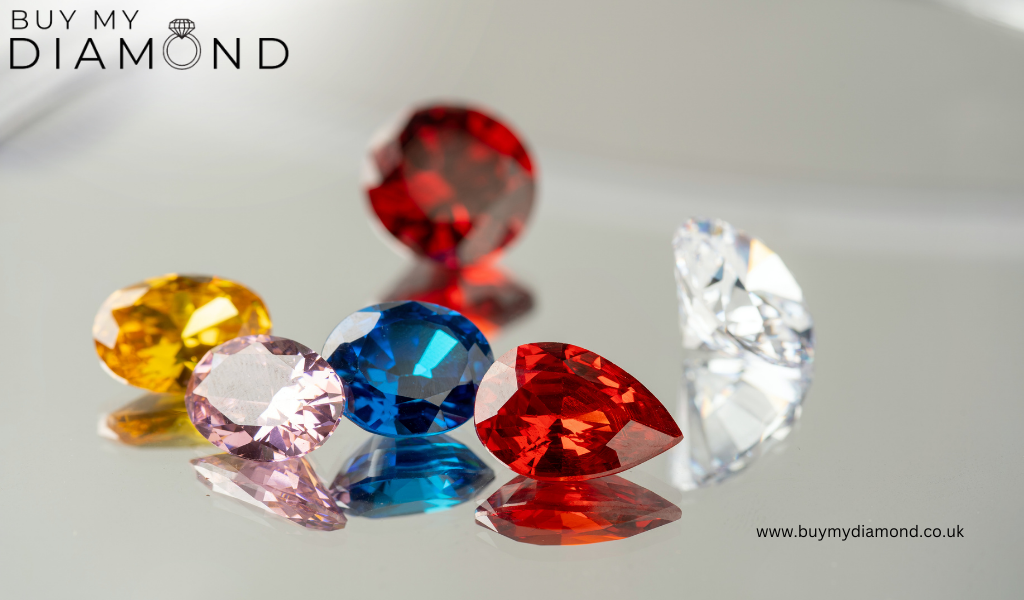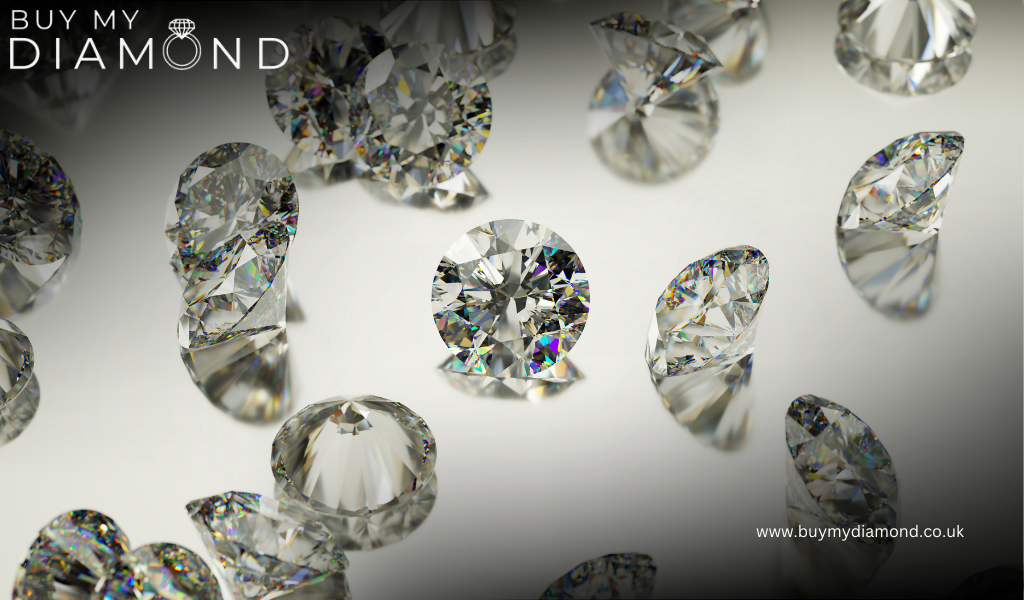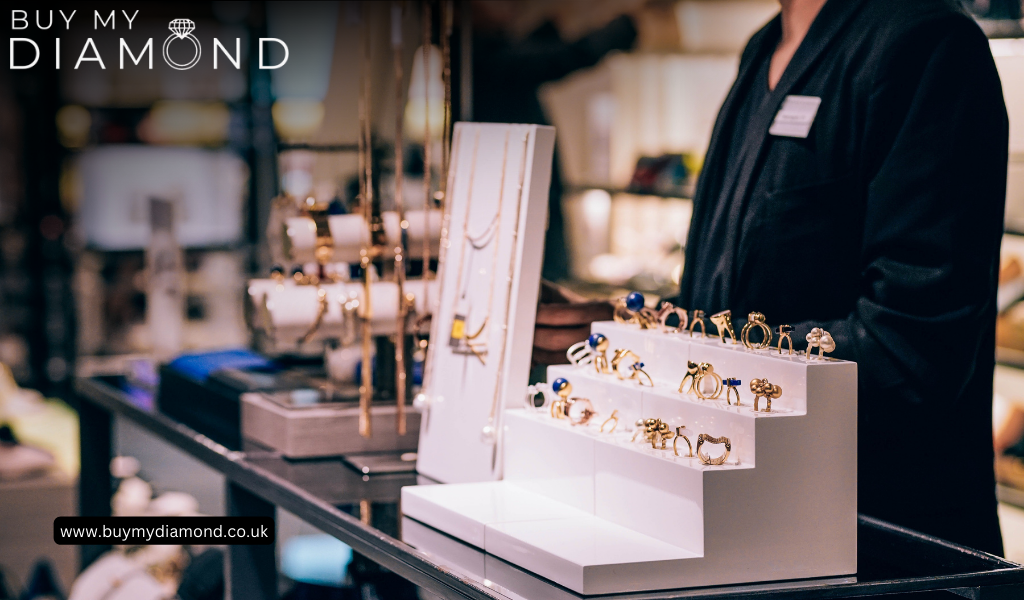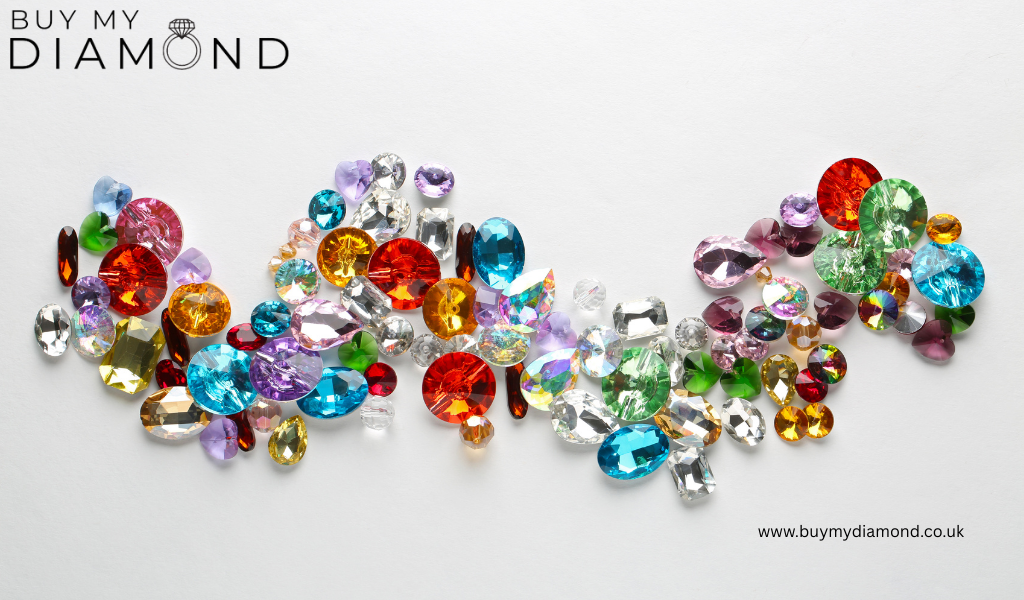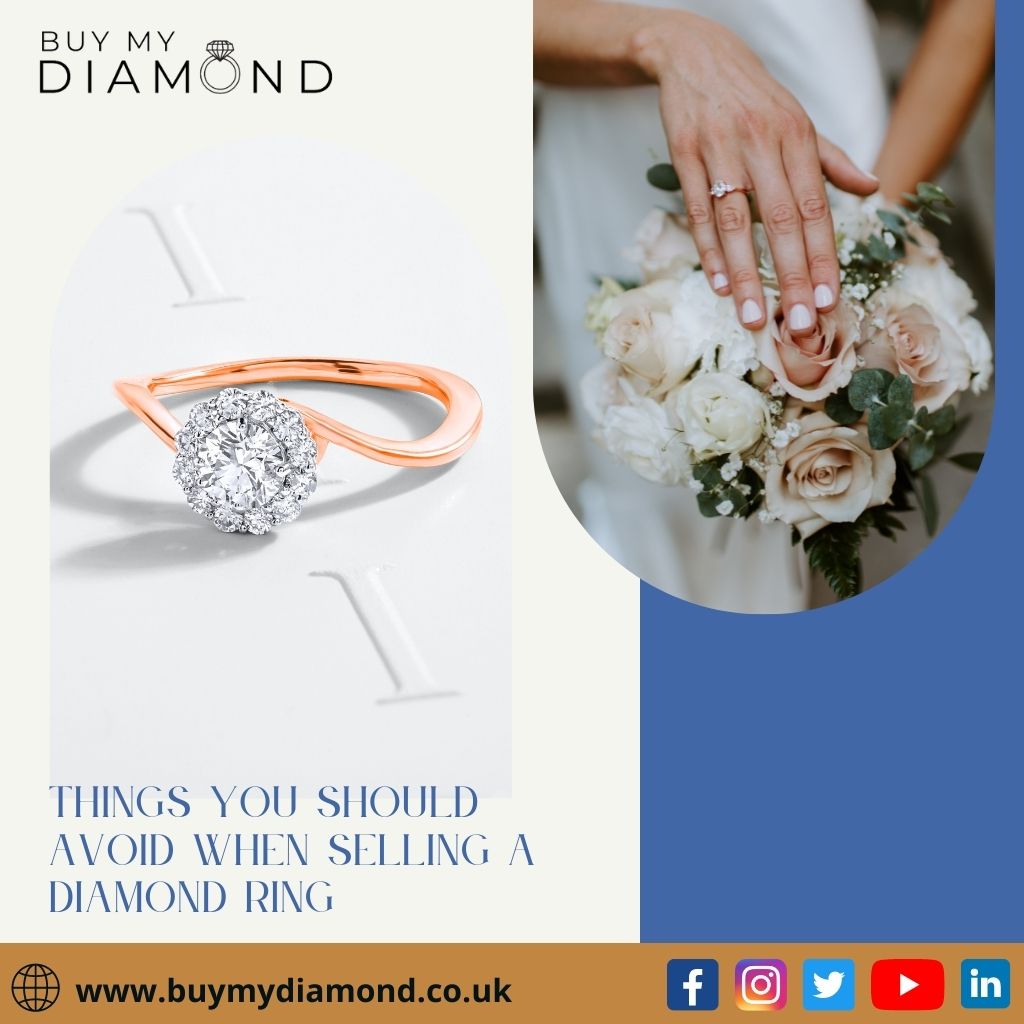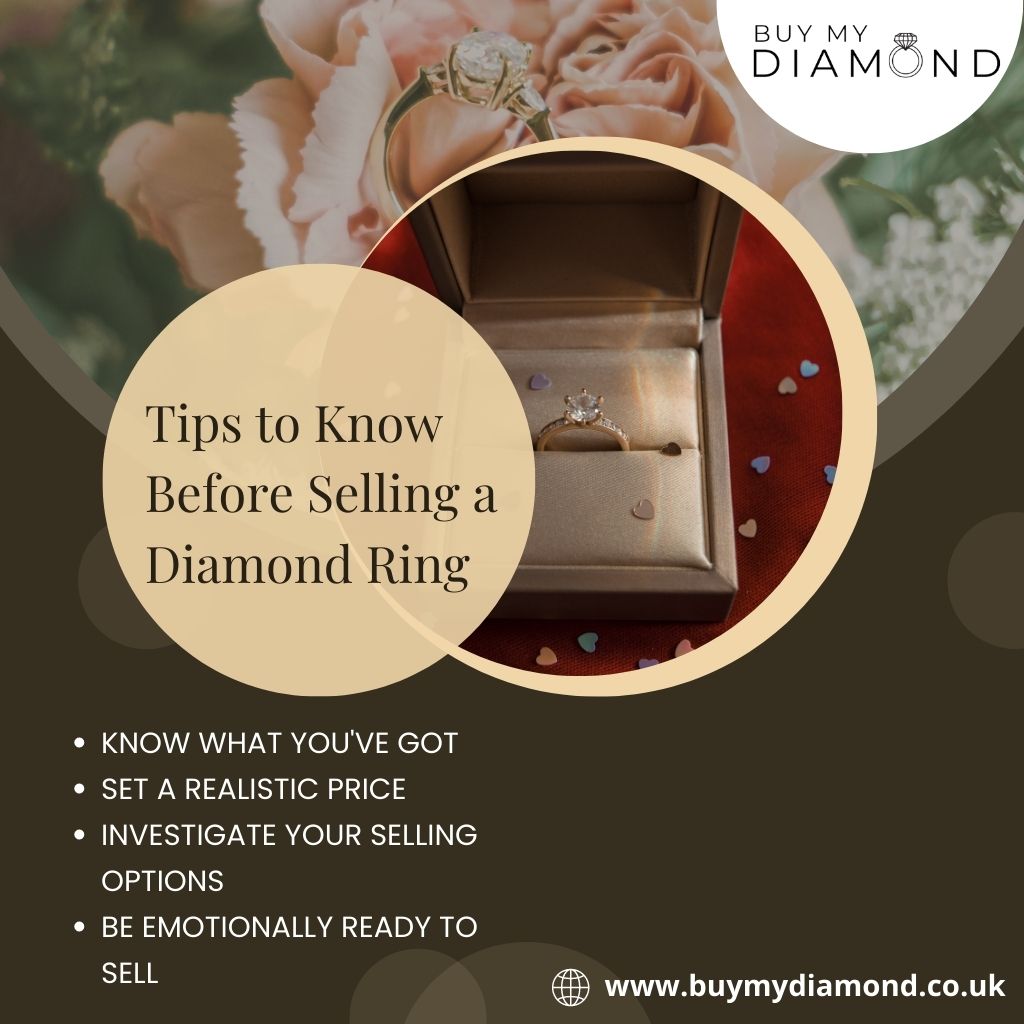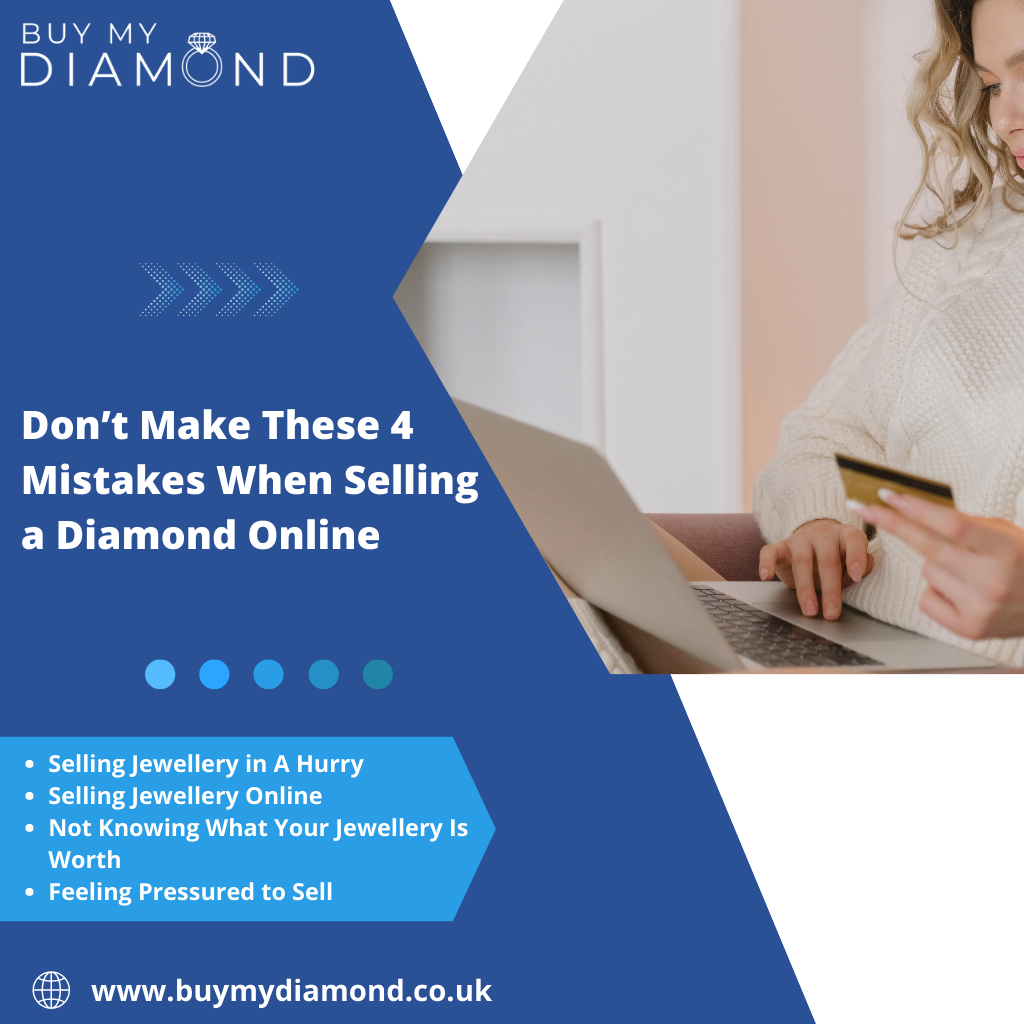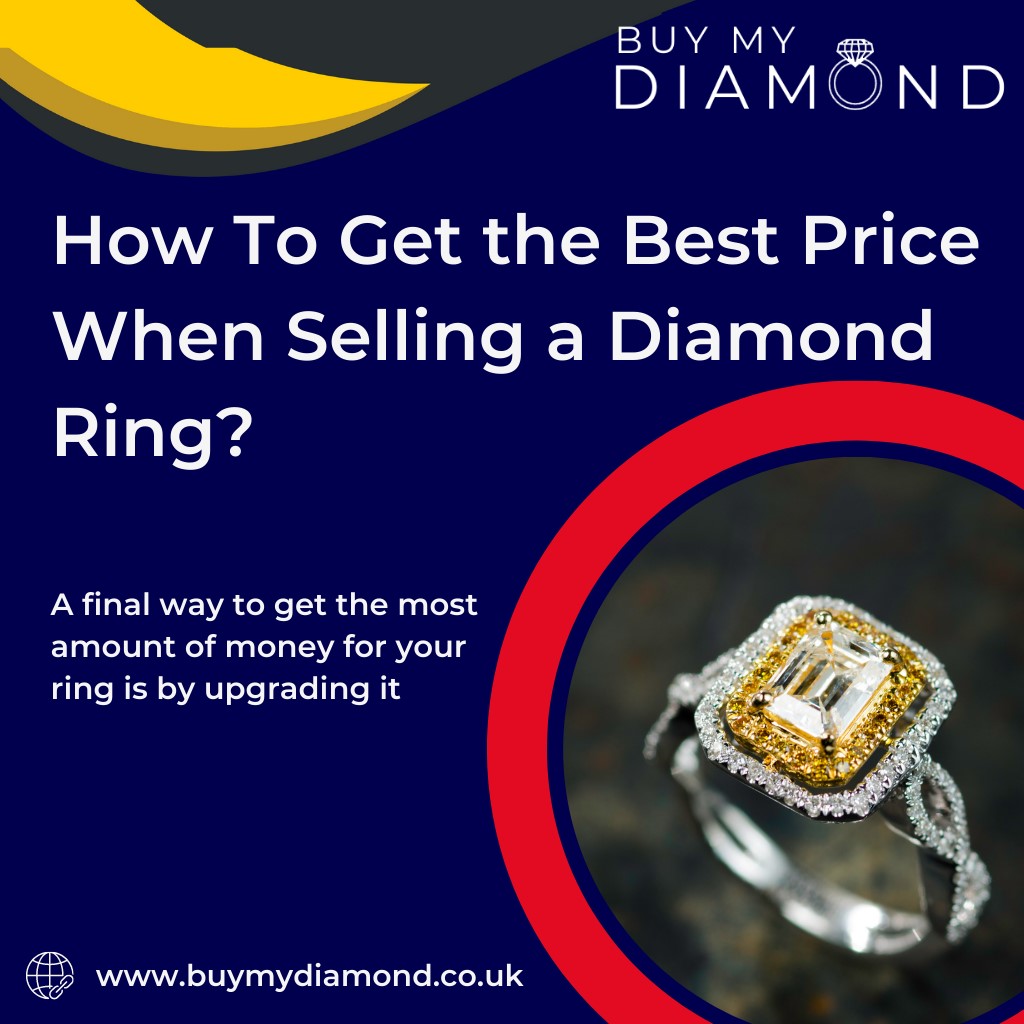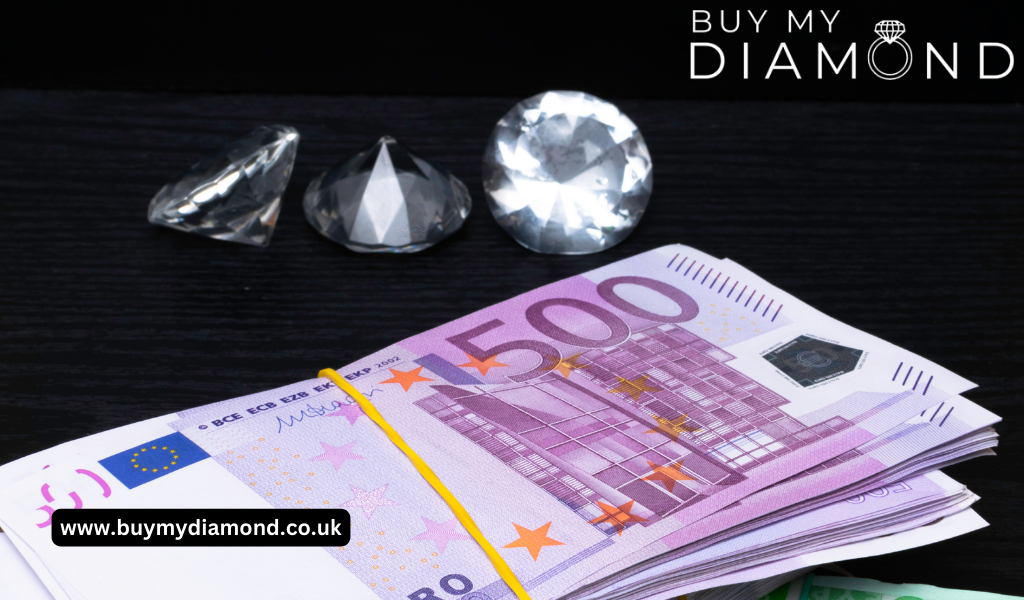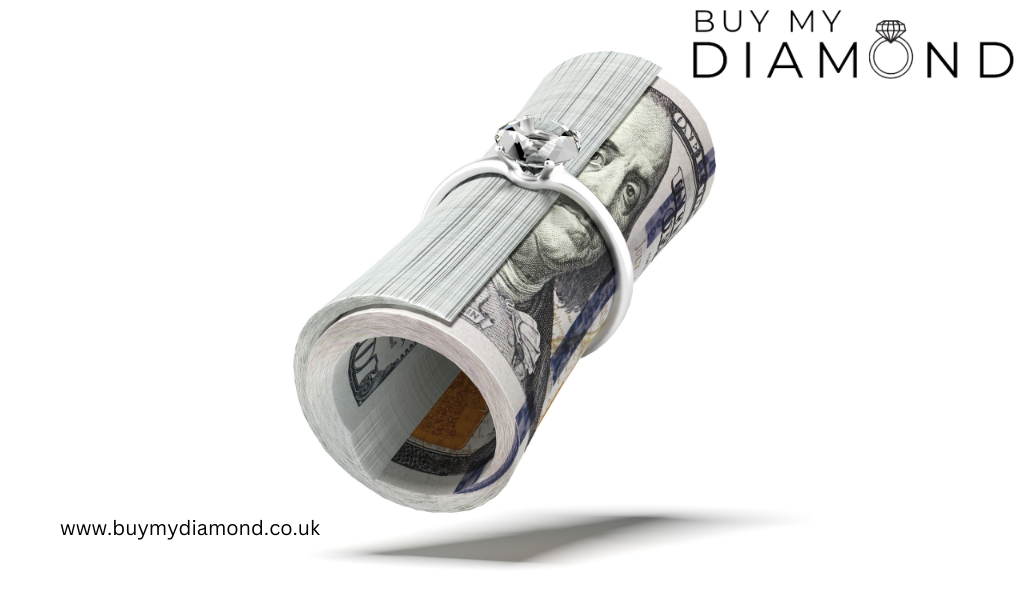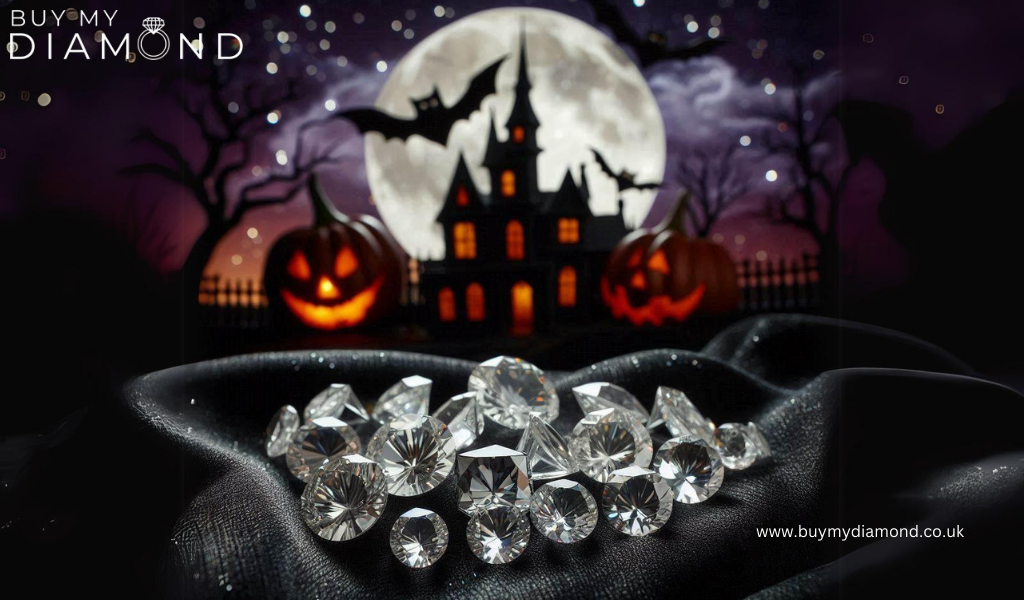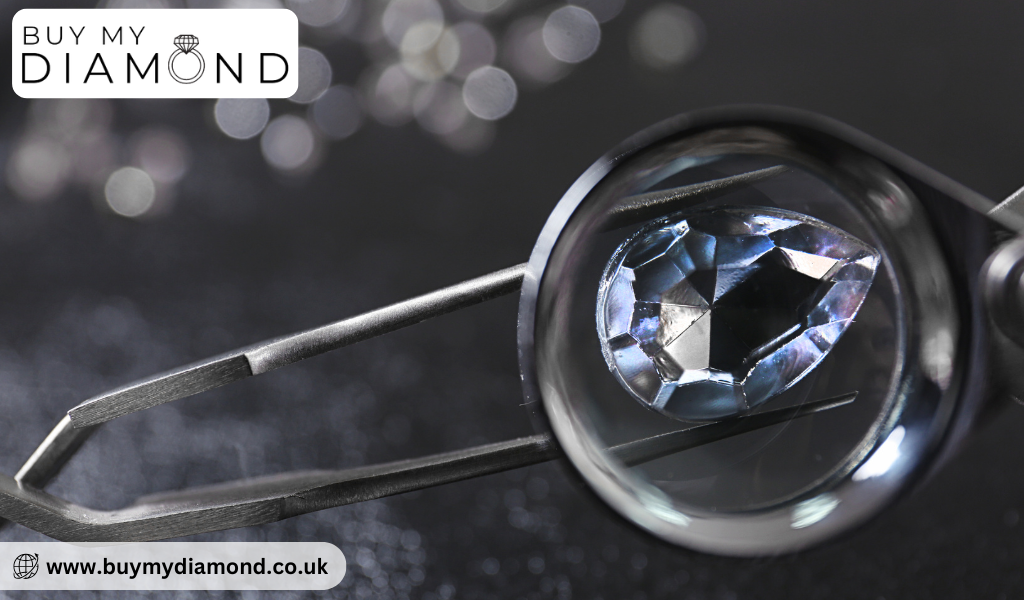10 Common Mistakes New Diamond Resellers Should Avoid
Starting a diamond reselling business can be both rewarding and challenging. With the increasing demand for diamonds, there are plenty of opportunities for success. However, new diamond resellers often make mistakes that can hinder their business growth. Whether you’re just starting or looking to expand your existing business, it’s essential to avoid these common mistakes to ensure long-term success. Let us learn the 10 mistakes most new diamond resellers make and how to avoid them in this guide.
Lack of Proper Knowledge about Diamonds
One of the most significant mistakes that new diamond resellers make is that they do not have an in-depth understanding of diamonds. Consumers are now much more discerning, and lacking a basic understanding of the 4 Cs—carat, cut, colour, and clarity—can lead to serious issues when trying to price and sell these precious stones.
Tip: Use the time to learn about grading, diamond characteristics, and how those affect value. Attending courses or getting certifications from reputable gemological institutions can really hone your knowledge.
Having No Reliable Sources of Diamonds
For diamond resellers, a safe source of acquiring diamonds is essential. For instance, sourcing diamonds on online platforms or from less-known suppliers can be really tempting, but this exposes one to issues of low quality and lack of certificates. Selling diamonds without valid certificates exposes one to legal as well as financial risks.
Tip: Establish good relationships with reliable suppliers and wholesalers who sell certified diamonds. Use suppliers that you can trust, who follow the ethical sourcing guidelines, so that the diamonds you sell are conflict-free and properly certified.
Not Following Market Trends
The diamond market is continuously evolving, and trends shift regularly. Lab-grown diamonds, for instance, are becoming more popular due to their ethical appeal and affordability. Not staying on top of these trends can lead to missed opportunities for sales, or worse, your business may be left with unsold inventory.
Tip: Research industry trends through reports of diamond industries, reading trade journals, or attending trade shows, and consequently source the kind of diamond that fits within current trends of customers' demand.
Neglect to Market and Brand
As a diamond reseller, you’ll be competing with both local businesses and large brands. Without effective marketing, it can be difficult to stand out. Failing to build a strong brand presence and market your products can result in missed opportunities, especially in a competitive market.
Tip: Develop an interesting brand and invest in a creative website and social media program. Use platforms like Instagram and Facebook to show off your inventory. A loyal following will respond well to content such as buying guides or diamond care tips.
Building a Lack of Trustful Relationship with Customers
Trust is important in selling diamonds. Customers want to know they are buying from a reliable business. Lack of transparency or bad customer service will damage your reputation in a short period of time. Any diamond reseller must focus on building trust with customers.
Tip: Always be transparent about the diamonds you sell. Provide certificates of authenticity from reputable grading institutions such as GIA or IGI. Also, you can offer a money-back guarantee to convince customers that they are purchasing safely.
Lack of Proper Certifications
Certification is not a luxury; it is a necessity. Customers expect diamonds to come with proper grading reports to confirm their authenticity and value. Selling uncertified diamonds can severely limit your potential sales and harm your business's credibility.
Tip: Make sure that the diamonds you sell have proper certification from trusted grading bodies, such as GIA (Gemological Institute of America) or IGI (International Gemological Institute). This will reassure customers of the quality and authenticity of the diamond they're purchasing.
Overpricing or Underpricing Diamonds
Determining the right price for your diamonds is important. Many new diamond resellers overprice to gain bigger profits or underprice to make quicker sales. Both approaches can lead to serious problems, such as scaring away potential buyers or losing money.
Tip: Research the prices of similar diamonds in the market and ensure your pricing is competitive. Factor in the cost of procurement, any fees, and your desired profit margin. Be sure to stay aligned with the prevailing market conditions.
Not Building Relationships with Customers
New diamond resellers often operate on one-time sales rather than building strong bases for selling. Most consumers cherish trust and loyalty. Failing to retain customers may hinder the growth of your business.
Tip: Implement a customer retention strategy by offering incentives for repeat purchases, such as discounts or loyalty programs. Sending personalised emails and follow-ups after a purchase can also help to create a long-term connection with your clients.
Failure to Keep Inventory Organised
As a new diamond reseller, it is important to keep track of your inventory. Businesses are required to maintain accurate records for tax and legal purposes, so failing to organise your diamonds could lead to inventory mistakes, misplaced diamonds, and compliance issues.
Tip: Invest in a professional inventory management system that can track diamonds, their certifications, and sales history. It will help you never get lost in the stock of diamonds and avoid legal hassle related to inventory records.
Failure to Account for Operating Costs
Running a diamond reseller business is very cost-intensive from operating costs, such as procurement, marketing, shipping, taxes, and overhead. In case some of these costs are forgotten, then financial instability begins to creep in.
Tip: Make a comprehensive business budget that includes all operating costs, which will allow you to plan for profitability and ensure no financial challenges arise.
Conclusion
The great potential of a diamond reseller business depends on avoiding common mistakes. The way to succeed in this competitive diamond market is by getting deep knowledge of diamonds, sourcing from good suppliers, staying on top of trends, and providing excellent customer service. Concentrate on building trust, maintaining transparency, and offering quality products for long-term success.
FAQs on Diamond Resellers
What qualifications do I need to become a diamond reseller?
To become a successful diamond reseller, it’s essential to have knowledge of diamonds and their grading systems. While formal qualifications are not mandatory, certifications from institutions such as GIA or Gem-A will significantly boost your credibility. Experience in the jewellery business or retail can also be valuable.
How can I find trusted diamond suppliers?
Finding trusted suppliers can be done by attending jewellery trade shows or connecting with established wholesalers. Always check the supplier’s reputation and ensure that diamonds come with certificates from reputable grading agencies like GIA.
Are lab-grown diamonds a good option for resellers?
Lab-grown diamonds are becoming increasingly popular due to their ethical sourcing and lower prices. They appeal to environmentally conscious consumers who are looking for an alternative to mined diamonds. As a diamond reseller, offering lab-grown diamonds can help you attract a wider customer base and stay competitive in the market.





